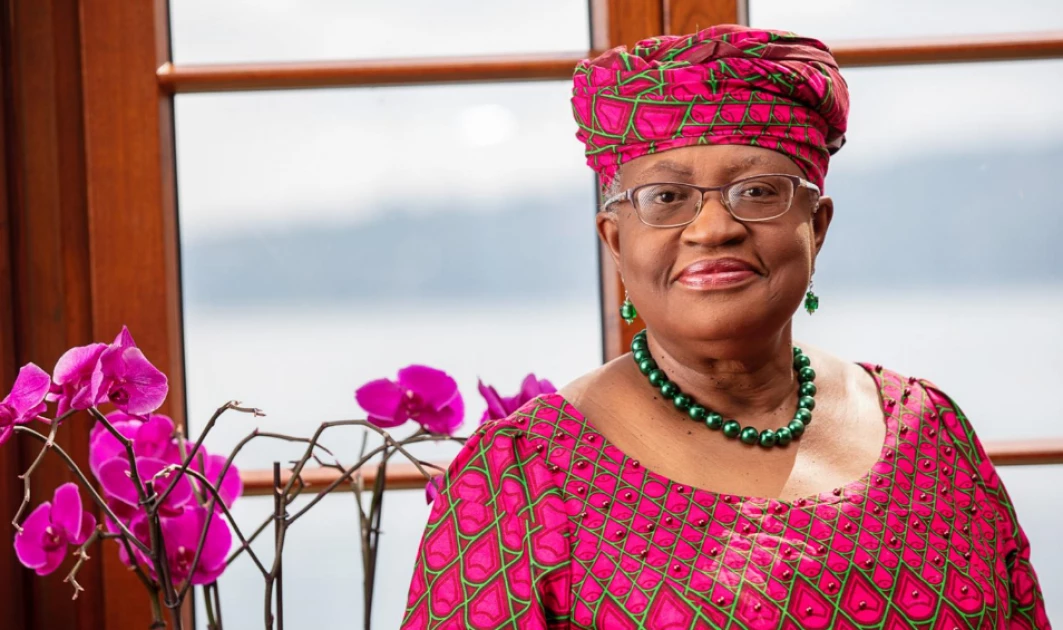AI could drive 40% growth in global trade by 2040 - WTO report

WTO Director-General Ngozi Okonjo-Iweala. [Photo credit: WTO | Jay Louvion]

Audio By Vocalize
Artificial Intelligence (AI) could expand global trade in
goods and services by nearly 40 percent by 2040 if governments adopt policies
to bridge the digital divide, the World Trade Organization (WTO) has said in
its 2025 World Trade Report.
The report projects that global trade could rise by 34–37
percent and GDP by up to 13 percent over the next 15 years, with gains driven
by productivity improvements and lower trade costs.
It notes that trade can also support inclusive AI growth by
providing access to enabling goods such as semiconductors, intermediate inputs,
and raw materials, which totalled USD 2.3 trillion in global trade in 2023.
WTO Director-General Ngozi Okonjo-Iweala said AI holds
“enormous potential to reduce trade costs and enhance productivity,” but warned
that uneven access to digital technologies risks widening inequalities.
“With the right combination of trade, investment, and
complementary policies, AI can unlock new growth opportunities for all
countries,” she said, adding that closing digital divides, investing in skills,
and maintaining open, predictable trading rules are critical to ensuring
inclusive growth.
The report warns that trade restrictions on AI-related goods
have risen sharply—from 130 measures in 2012 to nearly 500 in 2024, mostly
imposed by advanced and upper middle-income economies.
Some low-income countries still face tariffs of up to 45
percent, further limiting access to essential technologies.
To prevent growing disparities, the WTO urges governments to
invest in education, skills development, and labour market policies while
modernizing trade rules to reflect the digital era.
It also highlights the WTO’s role in providing a platform for
addressing AI-related trade concerns, with 80 specific issues raised by members
to date.
Expanding participation in agreements such as the Information
Technology Agreement and updating the General Agreement on Trade in Services
could further make AI technologies more accessible and affordable worldwide.
“The future of trade in the AI era depends on inclusive
cooperation. If we act decisively, AI can become a driver of shared prosperity
rather than division,” Okonjo-Iweala said.


Leave a Comment